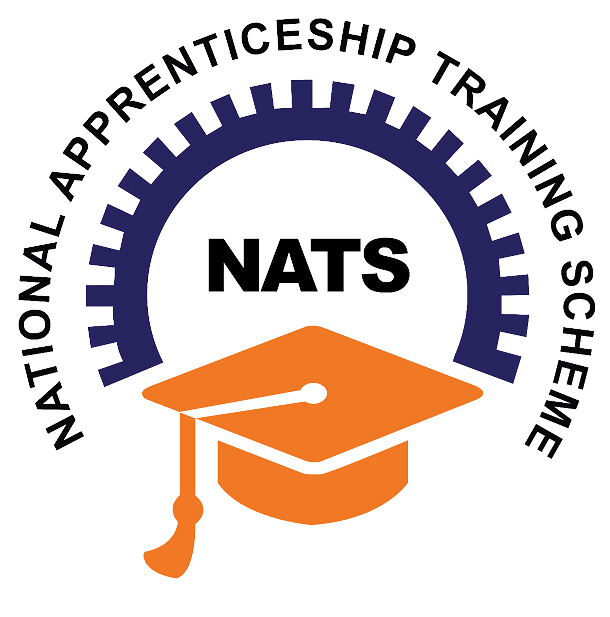Unveiling the Power of Apprenticeship Training: A Pathway to Skill Development in India

Apprenticeship training is an age-old practice that has stood the test of time, bridging the gap between theoretical knowledge and practical skills. Rooted in the concept of learning by doing, apprenticeships offer a structured learning experience where individuals, known as apprentices, work under the guidance of experienced mentors to gain hands-on expertise in a specific trade or profession.
In this blog, we will learn the definition, types, advantages, and disadvantages of apprenticeship training, with a particular focus on its relevance and impact in India.
What is Apprenticeship Training?
Apprenticeship training is a form of experiential learning that combines on-the-job training with classroom instruction. It is designed to help individuals acquire industry-specific skills and knowledge while working under the guidance of experienced professionals, known as mentors or master craftsmen.
The primary goal of apprenticeship is to develop a skilled workforce that meets the demands of various industries.
Source: Careers in Sport
Types of Apprenticeship Training
There are two main types of apprenticeship training:
- Traditional Apprenticeship: This type involves a long-term commitment, typically lasting from one to five years. Apprentices work full-time alongside their mentors, gaining hands-on experience and receiving incremental wage increases as they progress.
- Modern Apprenticeship: Recognizing the need for more flexible training options, modern apprenticeships blend work and study more dynamically. These shorter-term programs allow individuals to work part-time or in blocks while undertaking theoretical training. This format is particularly suitable for industries undergoing rapid changes.
Advantages and Disadvantages
| Advantage of Apprenticeship Programs | Disadvantages of Apprenticeship Programs |
| The apprenticeship program focuses on hands-on training, and practical skills enabling individuals to develop practical skills. | Apprenticeship programs can be lengthy, requiring a substantial time commitment. |
| Here you get to work with experienced professionals, gaining insights into the latest industry practices and trends. | The availability of apprenticeship opportunities may vary across industries, limiting access for aspiring apprentices in specific sectors. |
| Graduates of apprenticeship programs possess a unique blend of theoretical knowledge and real-world experience. | Depending on the program, these apprenticeship initiatives may not offer extensive theoretical instruction. |
The Power of Apprenticeship Training in India
In recent years, India has recognized the pivotal role of apprenticeship training in skill development and has taken significant steps to promote it:
1. National Apprenticeship Promotion Scheme (NAPS): Launched by the Government of India, NAPS incentivizes employers to engage apprentices by providing financial support.
2. National Apprenticeship Training Scheme (NATS): The National Apprenticeship Training Scheme (NATS) is another crucial component of Skill India, initiated by the Ministry of Human Resource Development.
3. Sector Skill Councils: These councils collaborate with industries to design apprenticeship programs that cater to specific sectors, aligning training with industry requirements.
4. Skill India Mission: An ambitious initiative aiming to skill and upskill millions of Indians, the Skill India Mission actively encourages apprenticeship training as a key component of the program.
Lernern’s Contribution to Providing Apprenticeship Training in India
Apprenticeship training serves as a vital conduit for nurturing a skilled and adaptable workforce in India.
Lernern, an established player in the NATS consulting domain for several years, has been actively involved with NATS and NAPS, continuously adapting its training systems to stay up-to-date. The program boasts industry-certified mentors who guide the apprentices throughout their learning journey.
Lernern’s track record includes successfully building skilled workforces that meet the tailored requirements of various organizations.
As industries continue to evolve, it is essential to recognize the value of apprenticeship training in shaping a prosperous and thriving future for both individuals and the nation as a whole.


